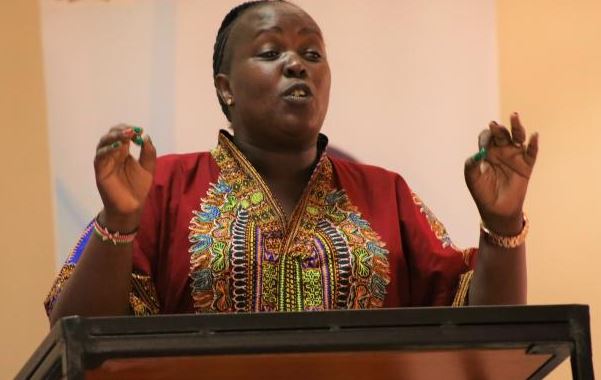×
The Standard e-Paper
Join Thousands Daily

Chief Executive Officer (CEO) of the Anti-FGM Board Bernadette Resian Loloju.
Female genital mutilation or FGM, is internationally recognised as a violation of human rights. Yet, over 200 million girls worldwide are at risk of undergoing this harmful practice annually, many under the age of 15. Many factors contribute to prevalence of FGM but in every society in which it occurs, it is a manifestation of entrenched gender inequality.